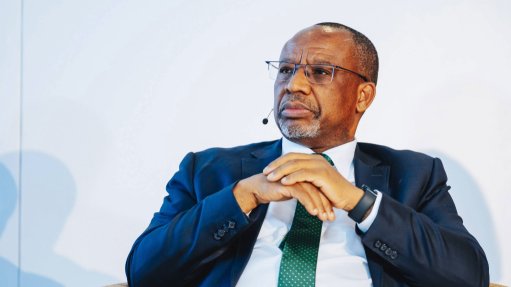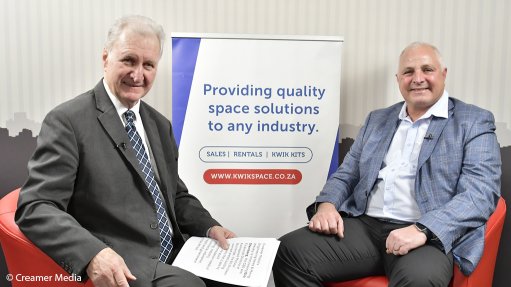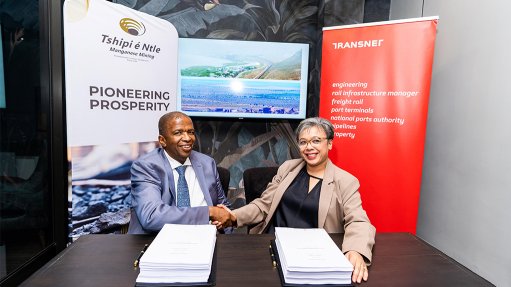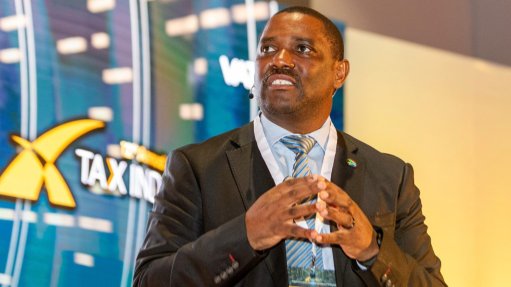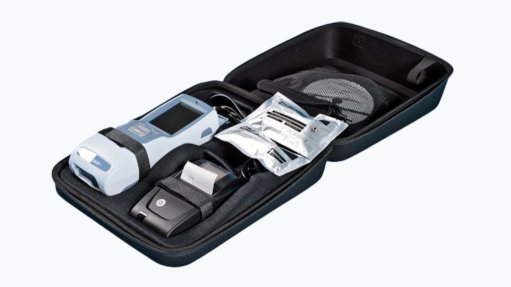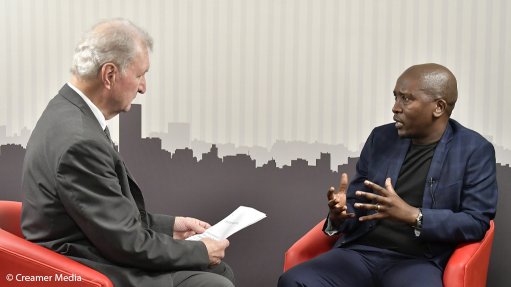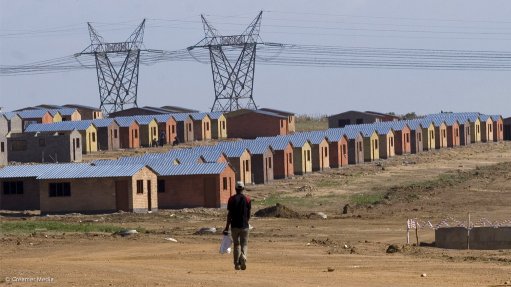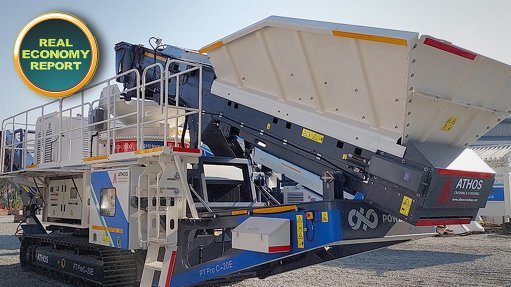Morocco: it’s fifth time (un)lucky
The Beautiful Game is obviously the flavour of the month, what with the World Cup currently under way in Russia. So, apologies to readers of this column who cannot tell the difference between FIFA and Uefa – the focus this week is on matters football once again.
Those with more than a passing interest in the sport would be aware that the next two World Cup tournaments will be staged in 2022 and 2026 by Qatar and the trio of the US, Canada and Mexico respectively. The North American countries were named joint hosts of the 2026 extravaganza earlier this month, defeating the underdog campaign waged by the North African nation of Morocco.
The most persuasive narrative has it that the failure by Morocco, which was having its fifth crack at winning the rights to host a World Cup tournament, can be put down to commercial considerations: FIFA stands to earn a cool $11-billion profit from the so-called United tournament in 2026, more than twice the $5-billion that the Moroccan bid promised.
Morocco was obviously banking on African representatives supporting its bid. In the event, 41 national associations from the continent voted for Morocco, while 11 – Benin, Botswana, Carbo Verde, Guinea, Lesotho, Liberia, Mozambique, Namibia, Somalia, South Africa and Zimbabwe – threw in their lot with the US-Canada-Mexico.
It is not too difficult to figure out the reason for this lack of African solidarity. Only one territory in Africa, Western Sahara, has yet to have its post-colonial status resolved, and this is because Morocco has been occupying a big chunk of its land area since 1975. When the Organisation of African Unity, the precursor to the African Union, decided in 1984 to recognise the Saharawi Democratic Republic, which had been declared eight years earlier by the indigenous Saharawi people, led by the Polisario Front, Morocco withdrew its membership and remained estranged from the continental body for more than three decades, coming back to the fold only last year.
During its self-imposed ‘exile’, Morocco – whose king once likened the country to a tree with roots in Africa and branches in Europe – took the curious step of applying for European Union membership in 1987. The Europeans gave the application short shrift.
Obviously, Morocco’s intransigence on the Western Sahara issue was a key consideration among the African football bosses who chose to spurn the country’s bid. Quizzed by a journalist as to why his country had not voted for a fellow African country, Namibia Football Association secretary-general Barry Rukoro did not mince his words: “Namibia being a product of international solidarity – and also if you listen to the rhetoric in our national political landscape – we could not do otherwise but not vote for Morocco.” This was a reference to Namibia’s own struggle against apartheid colonialism, which was supported by many countries across the globe.
I doubt if many in Africa will shed a tear for the failure of Morocco’s bid. This is a country that irked many of the continent’s people when it withdrew as the host of the 2015 Africa Cup of Nations (Afcon) tournament, citing concerns over an outbreak of the deadly Ebola disease in West Africa. When it announced its decision, of the three affected countries, Liberia was already out of contention for a berth at Afcon 2015, Sierra Leone was anchored at the bottom of its qualifying group and Guinea had only an outside chance of making the tournament. So, how the Ebola outbreak in these countries threatened Morocco beats me.
In true spoilt-brat fashion, Morocco requested that the tournament be postponed to 2016 or that its rights be ceded to another country, with it being guaranteed the 2017 slot. Both proposals were rejected and the country was banned from the 2017 and 2019 editions of the tournament. For good measure, it was made to fork out a $1-million fine.
Comments
Press Office
Announcements
What's On
Subscribe to improve your user experience...
Option 1 (equivalent of R125 a month):
Receive a weekly copy of Creamer Media's Engineering News & Mining Weekly magazine
(print copy for those in South Africa and e-magazine for those outside of South Africa)
Receive daily email newsletters
Access to full search results
Access archive of magazine back copies
Access to Projects in Progress
Access to ONE Research Report of your choice in PDF format
Option 2 (equivalent of R375 a month):
All benefits from Option 1
PLUS
Access to Creamer Media's Research Channel Africa for ALL Research Reports, in PDF format, on various industrial and mining sectors
including Electricity; Water; Energy Transition; Hydrogen; Roads, Rail and Ports; Coal; Gold; Platinum; Battery Metals; etc.
Already a subscriber?
Forgotten your password?
Receive weekly copy of Creamer Media's Engineering News & Mining Weekly magazine (print copy for those in South Africa and e-magazine for those outside of South Africa)
➕
Recieve daily email newsletters
➕
Access to full search results
➕
Access archive of magazine back copies
➕
Access to Projects in Progress
➕
Access to ONE Research Report of your choice in PDF format
RESEARCH CHANNEL AFRICA
R4500 (equivalent of R375 a month)
SUBSCRIBEAll benefits from Option 1
➕
Access to Creamer Media's Research Channel Africa for ALL Research Reports on various industrial and mining sectors, in PDF format, including on:
Electricity
➕
Water
➕
Energy Transition
➕
Hydrogen
➕
Roads, Rail and Ports
➕
Coal
➕
Gold
➕
Platinum
➕
Battery Metals
➕
etc.
Receive all benefits from Option 1 or Option 2 delivered to numerous people at your company
➕
Multiple User names and Passwords for simultaneous log-ins
➕
Intranet integration access to all in your organisation






